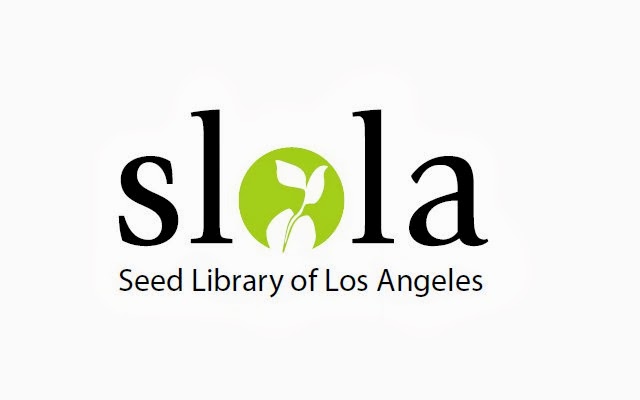For the home gardener, avoiding Monsanto's Genetically Modified seeds is pretty easy: they are not sold in quantities a home gardener can purchase and purchasers of GM products are required to sign a contract assuring Monsanto that you won't try to replant the seeds of your crop.
However, Monsanto purchased the seed seller called 'Seminis,' itself a purchaser of a multitude of smaller seed purveyors. Seminis' purchases made them the owner of a good many patents on seeds that are among the nation's favorites. To be very clear, these are not genetically modified seeds. There is no harm in planting them except the profit made on your purchase of these seeds goes to support Monsanto's research, Monsanto's lawyers and Monsanto's mission of subjugating of those in the world who wish to eat.
Go to the Seminis website and look at the list of seeds owned by Seminis, if you want.
Go to the Seminis website and look at the list of seeds owned by Seminis, if you want.
Some of the offending seeds are, using tomatoes as an example: Amsterdam, Beefmaster, Betterboy, Big Beef, Burpee’s Big Boy, Caramba, Celebrity, Cupid, Early Girl, Granny Smith, Health Kick, Husky Cherry Red, Jetsetter brand of Jack, Lemon Boy, Margharita, Margo, Marmande VF PS, Marmara, Patio, Phoenix, Poseidon 43, Roma VF, Royesta, Sun Sugar, Super Marzano, Sweet Baby Girl, Tiffany, Tye-Dye, Viva Italia, and Yaqui. This list was copied directly from the Seminis site. Don't confuse 'Super Marzano' with San Marzano, I did for a second and it freaked me out.
The other way of avoiding Seminis/Monsanto seeds is to simply buy only open pollinated seeds. Some of these are called 'heirloom.' But any seed packet bearing the words "Hybrid" or "F1" are suspect. Monsanto, or anyone else for that matter, cannot patent any seed that is not a hybrid or F1. By buying open pollinated seeds, you have avoided any chance of buying a seed patented by anyone, thus insuring you've avoided buying seeds that profit Monsanto/Seminis.
I would love to see some organic seed growers work to create open pollinated versions of some of these seeds... Buy one packet and work with succeeding generations to create a variety that has the 'improved' qualities of the patented seed without having to buy the seeds year in and year out. It will be incumbent on us to get open-pollinated varieties of seeds that embody some of these improvements if we are to succeed in creating a food system that is fair and equitable, and, for SLOLA, that's the bottom line. I would love to do that with 'Viva Italia' a paste tomato I grew before I was aware it was in the Monsanto lineup. It's a good tomato and its qualities should be available to anyone who wants to eat a tomato with its traits.
Join us and learn how to beat Monsanto at it's own game. This isn't just about 'not buying Monsanto' seeds and feeding the beast. SLOLA is here to help create a new viable food system available for all Americans no matter economic status. It isn't right that being poor deprives anyone of non-tainted food.
david


